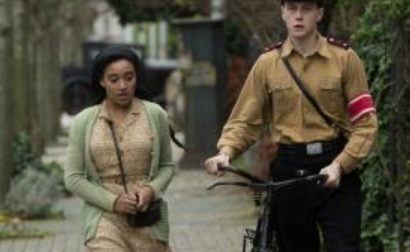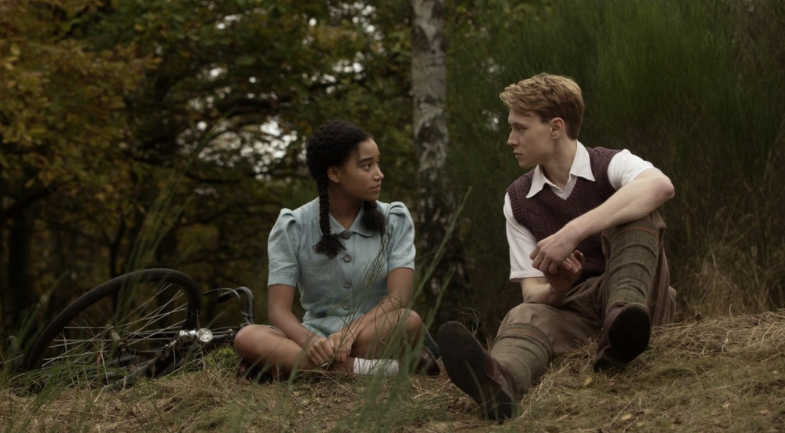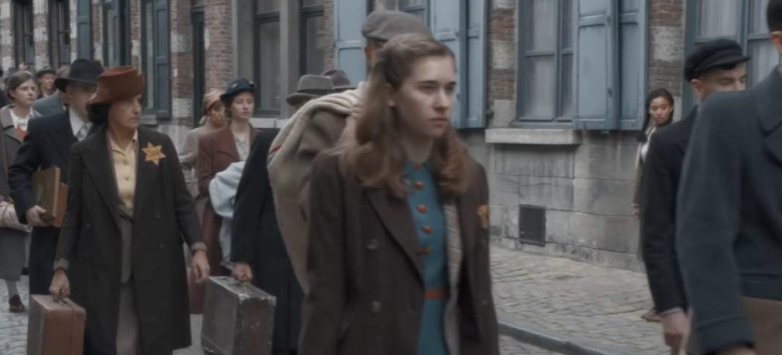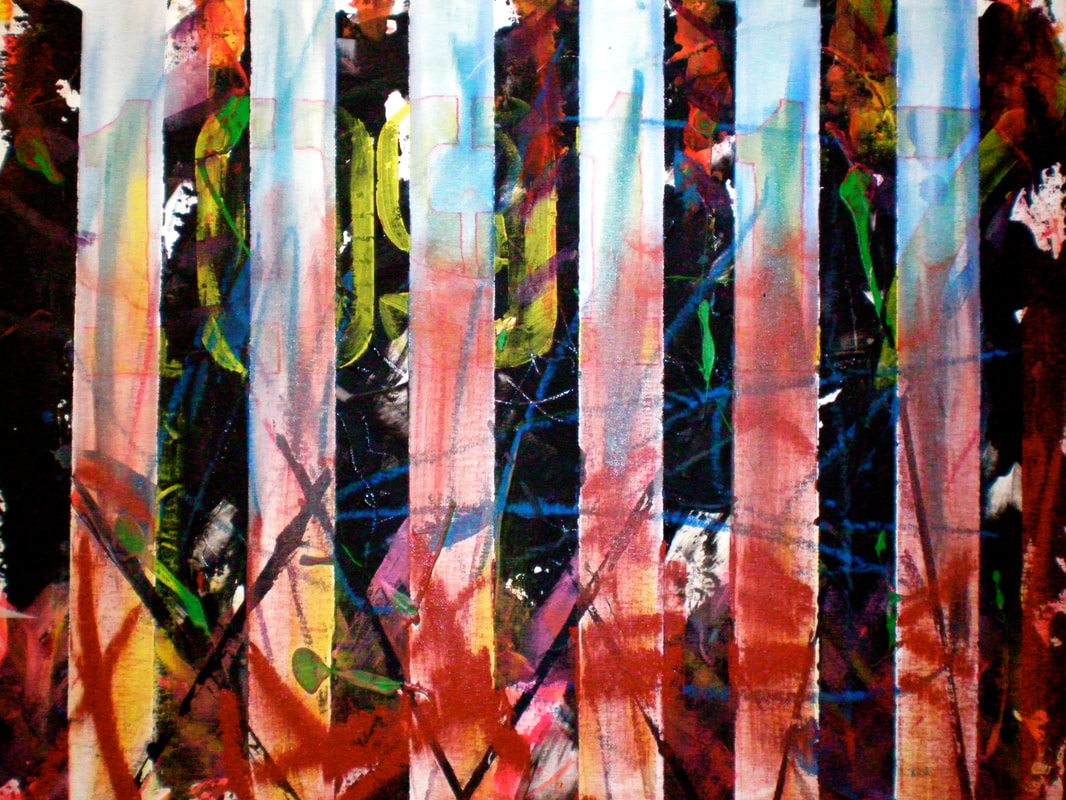|
Rating: PG-13, Time: 2hr 2min, Director: Amma Asante, Cast on IMDb What did you think of showing both sides of the Holocaust? It takes a black girl of German and French birth, who is growing up during the rise of Hitler and the Halocaust and meets her first love, who is an aspiring German solider. I like that they show how the Germans kind of went along with the rise of the fascists, but some who didn't jell with all aspects of the war effort and dehumanizing of Jews. In a way, it captures the innocence of children turned against their own citizens and minorities to survive the war and create the Greater Germany. This allows us to debate how willing the Germans were in the war effort. This young soldier just wants to be brave and regain Germany's dignity, but ends up an SS camp guard helping in the deaths of millions. At the same time his new love, Leyna is first diminished by the regime, has her papers stolen and finally deported to the labor camps. Here we see that there was a separation of the Jews into the death camps while other minorities did better in the other labor camps. Of course, if you fell ill then you ended up in the death camps anyway. Here we see how foolish it was to try and escape the German Nazi party by simply playing along as a soldier or obedient German family of mixed descent. Interestingly enough, the German mother is as well deported to the camps, while her "pure" German son is saved by another family that takes him in during the war. How well does the love story play? I like this forbidden love affair exposing how the lines of ethnicity put you in the best category, a mixed bag or the bottom of the barrel. We see the two meet and slowly fall in love despite the warnings of the German mother to stay away. Who is to stop love? They do capture some of the risks the two run dating during the rise of fascism. In that essence, it is a new angle not seen before. Additionally, you see how the German white Jews were seen as even less than black Germans, which would be the opposite in the US at the time. The film touches on that aspect a bit as well. So who is the villain in the story? The story stands on the part of the Germans idly standing by while they first round up Jews and then later move to other ethnicities, mixed children or German betrayers. So these people are kind of the neutral party of cowards that helps lead to the genocide, since they cower in the face of the fascists to try to survive themselves. Of course, Hitler is at the center of the crime, but this films touches nicely on the cooperation of all types of German citizens, who also wanted to survive the war. In essence, the people not volunteering to be soldiers are seen as the majority helping Hitler execute millions. Very subtle interplay of the foils of standing by and doing nothing in the face of injustice. Would you have changed anything? One thing I found a bit disturbing was the use of light. The director chose this beautiful light throughout the film. That works in the beginning where there is a love affair, but kind of shows a disconnect with the third act in the camps themselves. Likely, the best light to use in the camps is darkness, rain and crappy weather to help show the suffering of the victims. By using beautiful soft light from dusk or dawn, we get a romantization of the camps, which I think was the last intention of the director. Maybe she was saying the weather really doesn't matter to your character or life perhaps? Another thing I think is missed is the buildup of the tension of fear arising in German society. You have a bit of it, but I think maybe putting up posters before the beatings began, so to say, would have shown a better connection between slight provocation with general posters to dehumanization over time of people due to official buy-in. A good book that captures the rising fear was in the Garden of Beasts. Do you have any art related to the film? I think many artists contemplate how to do a political piece of art, since they usually are not sold quickly for the most part. Or at least that is the assumption. I have done a piece on Viktor Frankl, who was a psychiatrist with the chance to escape Nazi Germany-Austria, but chose to accompany his parents to the camps. Of course, he lost his parents and later his wife, so what was the point of all this? He wrote a book on the subject of how victims survived and it all came down to how they perceived the injustice and CHOSE to react. That blew my mind that your mind could chose not to suffer the worst parts of the Holocaust, which were losing all hope and letting the Nazis win. He went on to write 9 books in English on logotherapy. The one I recommend to read is Man's Search for Meaning. Arbeit Macht Frei - 20x24 inches (SOLD)
0 Comments
Please share via Facebook or Twitter!
Leave a Reply. |




 RSS Feed
RSS Feed 